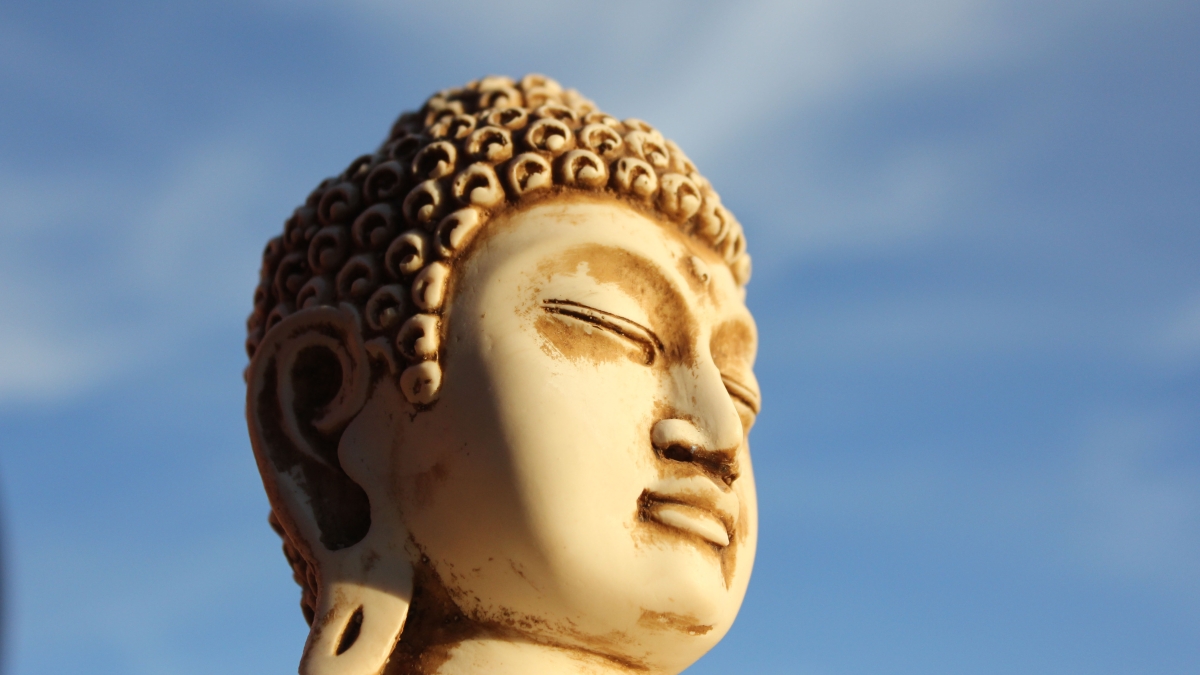ASU, Utah students find religious studies key to understanding humanity

Editor's Note: Arizona State will take on the University of Utah, at 7 p.m., Sept. 22, in Sun Devil Stadium. Learn more about ASU's collaborations with Pac-12 schools.
While it has been argued that many young adults go through a period in college in which their interest in religion wanes, it appears the argument does not ring true for a large community here at ASU. This year marks the 40th anniversary of the religious studies program at Arizona State University, and it’s still going strong.
When the program was established in 1972, ASU was ahead of the curve.
“ASU has one of the oldest and most respected undergraduate programs in religious studies at a state university," says Tracy Fessenden, associate professor in the School of Historical, Philosophical and Religious Studies in ASU's College of Liberal Arts and Sciences. In the last few years, steps were taken to ensure it stays that way.
In the fall of 2009, the program was combined with the history and philosophy departments to form the school it is today. The merging of these three fields has allowed for a more interdisciplinary approach to the study of religion that cuts across humanities, social sciences and natural sciences.
“We are 'religious studies' in the sense that we study religion across traditions, regions and temporal periods – medieval China, contemporary Burma, pre-colonial Mexico, the 19th-century U.S., and post World War II-Japan, to name a few – and its role in politics, culture, law, the arts and other fields of human endeavor,” Fessenden explains.
But don’t let the phrase “religious studies” mislead you. “Our studies themselves are not religious,” she adds.
The religious studies faculty is made up of 20 full-time professors who teach more than 90 classes each semester. The curriculum consists of an undergraduate major program, an MA program with more than 40 students, and a PhD program, introduced in 2004.
Some may question the modern-day benefits of religious studies, but the school is quick to espouse the humanitarian value of such a degree. Their website states: “In our increasingly cosmopolitan world, the need to understand the root beliefs and values of diverse cultures has become a political and moral imperative. The academic study of religion seeks to explore the deep intersections between religions and cultures which have shaped, and continue to shape, personal and collective identity.”
It would appear several other universities agree – including ASU's Pac-12 contemporary, University of Utah, which recently implemented a religious studies major at its institution.
“Such a program was long overdue at the University of Utah," says Muriel Schmid, assistant professor and director of Religious Studies at Utah. "The university as a whole has come to understand the importance of religious literacy and intercultural skills in order to foster dialogue and global citizenship.”
The opportunity for cultural enlightenment aside, there may also be a financial draw to religious studies. An article published in U.S. News and World Report’s special “university directory” ranks religious studies fifth in the category of degrees that result in the most lucrative careers.
Indeed, many of ASU’s religious studies majors have been very successful.
“Our majors have gone on to be lawyers, filmmakers, international aid workers, writers, teachers, artists, Rhodes Scholars, doctors, and professors at major universities, including Duke, UNC, Indiana and UCLA,” says Fessenden.
With such impressive credentials, it’s understandable why students continue to flock to the major. As our society becomes increasingly global, the signficance of religious studies as an academic focus cannot be understated. At Arizona State University, where possibilities for interdisciplinary research and innovation abound, the religious studies degree program will no doubt continue to thrive.